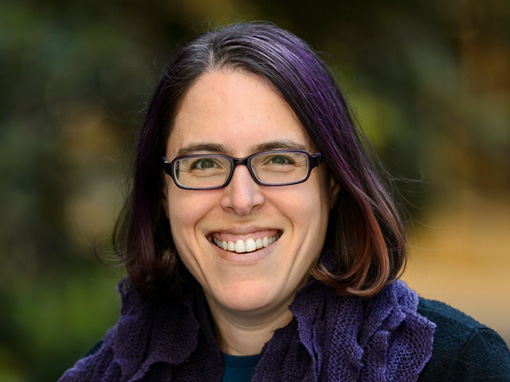I didn’t post last week’s topic: it was military sexual slavery and dealt with Japanese comfort women and Bosnian rape camps and I didn’t really need to discuss what I was doing. I used a tutorial technique called the jigsaw to get different groups to discuss aspects of the issues, then split them into a new configuration of small groups to contrast and compare on the wider topic, fitting together the ‘jigsaw’. It seemed to work well and was more constructive, I think, for a topic that threatened to become deeply depressing and disheartening. In the end, I got them to connect what happens in war time with what happens in peacetime and to talk about the ways we can change peacetime socialisation to affect war-time behaviour. They came up with an interesting observation I hadn’t actually made before: that rape, prostitution and forced marriage in peacetime is more likely to be done to you by someone you know, while in war time it is more likely to be done by a stranger.
This week’s topic is right on my area of interest: the global economy and women’s rights, together at last. As many of you know, I’ve been involved with the protest movement against globalised capital since at least the J18 Carnival Against Capitalism in 1999, then the fight against the Multilateral Agreement on Investment (MAI) which we won (amazingly), then to S11 in 2000 at the World Trade Centre at Southbank and up to the G20 protest in November 2006. My feminism goes back to my high school days and my public participation to Reclaim the Night marches in the early 90s. Now that I think about it, the Reclaim the Streets carnivals in Newtown and Glebe in the early 90s could be framed as anti-capitalist, anti-consumerist carnivals too.
This week’s readings include one of my heroes, Vandana Shiva. My plan is to show the students the video from The Story of Stuff, talk a little about free trade and its impact on rural economies and women (either left behind as men move to the cities to find work after tariff removal guts the primary production of the country or moving themselves to work in factories and the vicious cycle of urban poverty this produces as the country is less and less able to provide for its own needs); the gutting of subsistence and sustainable economies; the privatisation of water in places like Bolivia (before Morales, obviously, and have people heard what’s going on this week with Morales, Chavez and the US government???); and then ask them to make the connections between first world luxury and this. I don’t need to go into the history, because Sheila did Adam Smith, Milton Friedman, John Maynard Keynes, the Bretton-Woods institutions (WTO, IMF, World Bank) and then did some of the feminist response from a theoretical perspective.
To me, this topic is one we’re really making headway with — the global environmental movement is connecting with the global indigenous movement is connecting with the global anti-capitalist/social justice movement and I feel powerfully positive about our impact. If you want a primer on the movement, a book I read last year and found inspiring was Blessed Unrest: How the Largest Movement in the World Came into Being and Why No One Saw It Coming by Paul Hawken.
